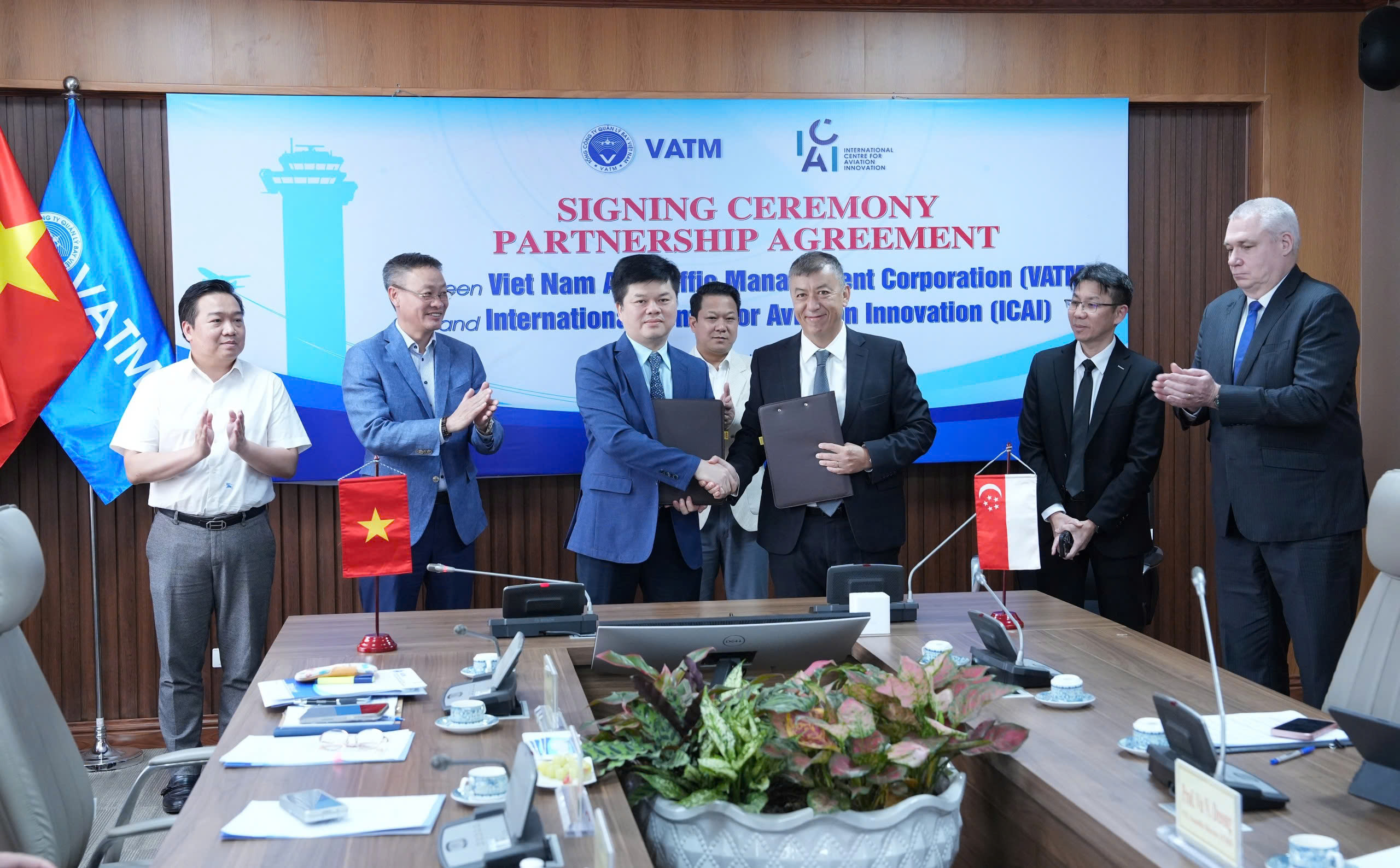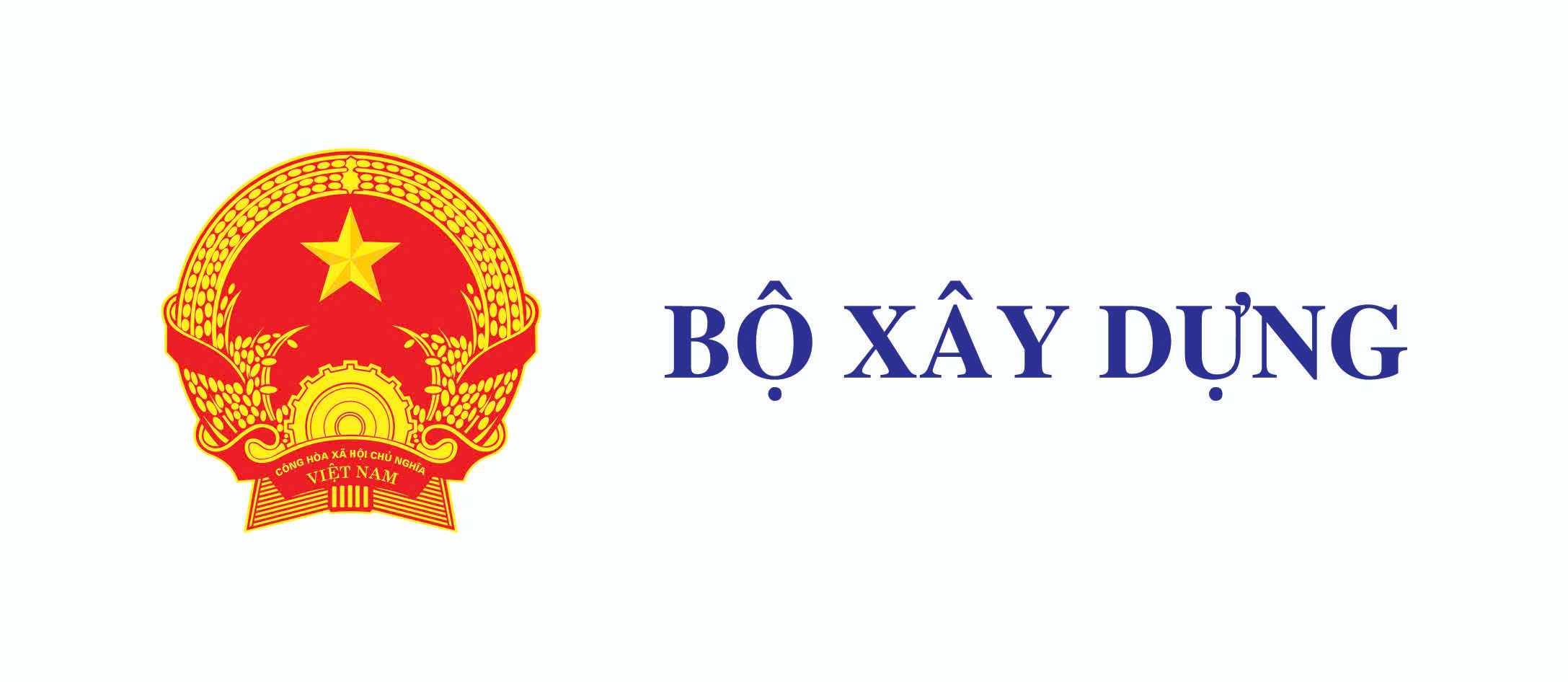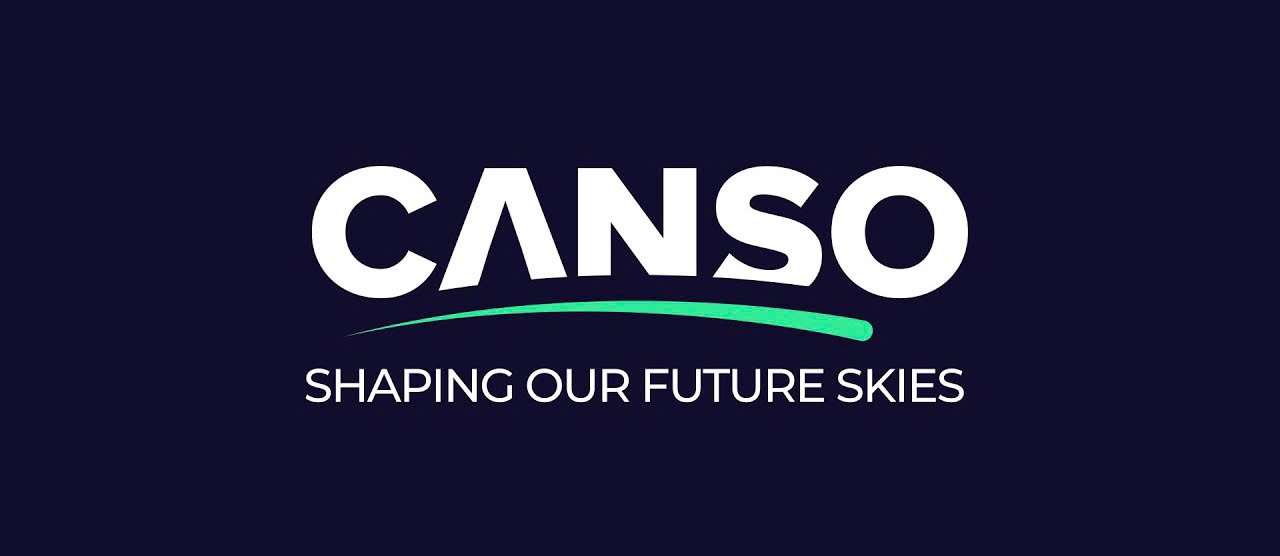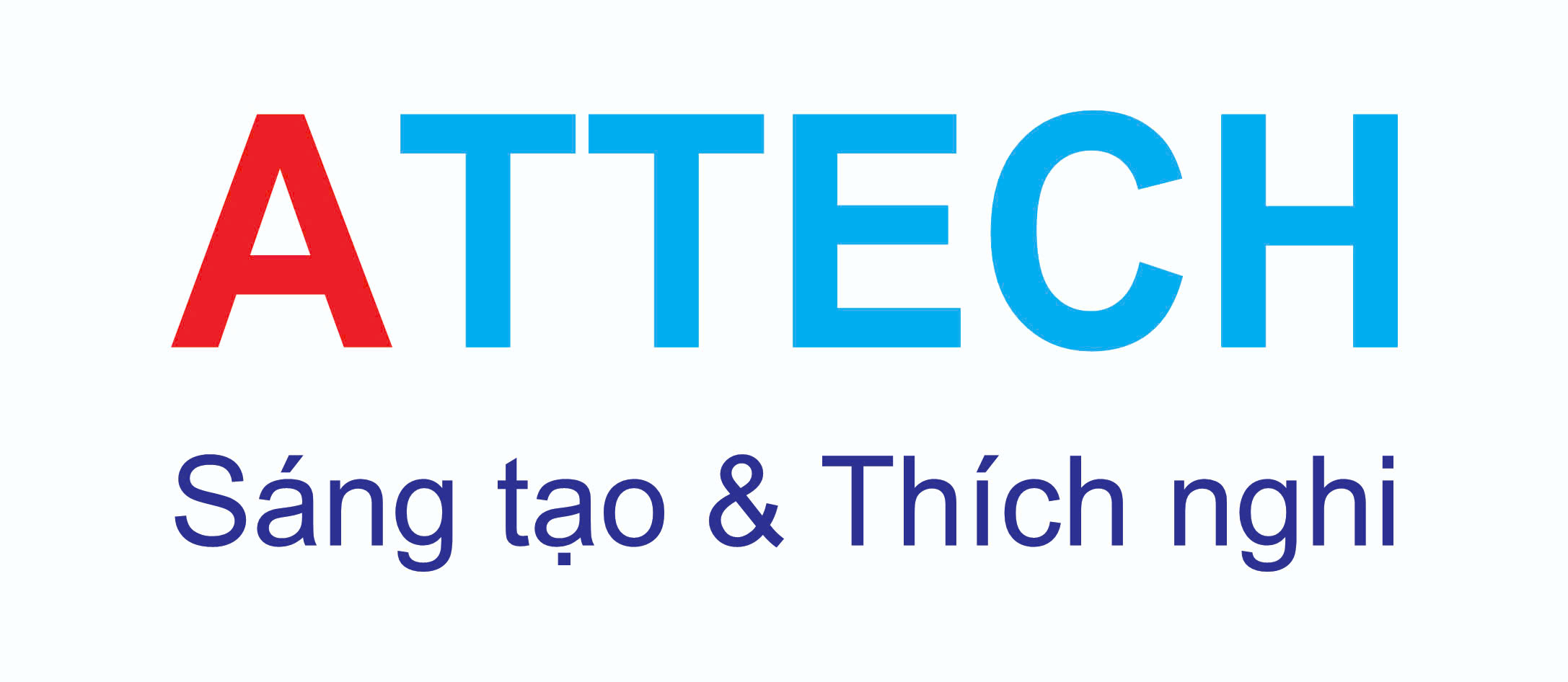15/05/2025
NOSS Workshop at VATM's headquarters
On June 6, 2024, at the headquarters of Vietnam Air Traffic Management Corporation (VATM), the Safety and Quality Department has successfully organized a workshop on NOSS (Normal Operation Safety Survey). Also attending the workshop were representatives from ATS Department, ATM Training Center and regional member units (NORATS, MIRATS and SORATS).
The seminar had the presence of Professor from Texas University, Mr. Chris Henry, who is also the Director of NOSS Collaborative - an organization authorized by ICAO to conduct safety surveys during normal Air Traffic Service operations.

The NOSS workshop took place in a context where the aviation industry is facing a series of challenges, while also opening up unprecedented new opportunities. The continuous development of technological advances, along with the increasing number of factors affecting aviation safety, has created multi-dimensional pressures for flight operations assurance. Therefore, updating and improving the safety management system is an urgent need to ensure safety and efficiency in ensuring air navigation services.
This event is a valuable opportunity for safety and air traffic experts from VATM to meet up, discuss and study new approaches to safety data collection. At the same time, this is also a chance for the VATM and member units to discuss and propose a plan to apply NOSS appropriately into the VATM’s current situation, meeting the management’s requirement in safety management.

During the seminar, Mr. Chris Henry of NOSS Collaborative shared general principles of "Threat and Error Management" (TEM - Threat and Error Management) as well as critical knowledge in applying NOSS to ANSPs.

NOSS is a proactive methodology or even predictive approach to safety management. This is one of ICAO's primary goals to achieve higher levels of safety. According to actual statistics, the number of incidents and accidents in aviation only accounts for a small portion of the total flight time. Therefore, relying solely on the limited amount of safety data coming from safety auditing, incident investigation or safety reports cannot meet the needs.
The Corporation must ensure that core characteristics of NOSS is widely disseminated to Air Traffic controllers to be able to operate NOSS effectively. The secure data collected from NOSS will not be used for any form of discipline and is completely confidential in both directions. Thereby, NOSS does not record any information about the controllers’ and observers’ identity but only focuses on operating description at one working position or sector. These descriptions, after being analyzed and processed, will provide useful information as a "diagnosis" for the performance of the controller at a particular sector.
NOSS should be conducted by a team of air traffic controllers who have gone through appropriate recruitment and particular trainings in special skills to become NOSS Observers. The NOSS Observers will provide input information, serving as the basis for conducting NOSS. It can be said that NOSS is a solution to provide a comprehensive picture of how ATCOs perform their work duty every normal day. NOSS can also provide useful additional data, which can contribute to decision-making to improve the working environment and optimize the working ability of ATCOs.

The NOSS workshop has brought a range of useful information and knowledge for air traffic services assurance. In the near future, NOSS or Normal Operation Safety Survey is expected to be implemented effectively in practice, contributing to the making of a safer and more reliable aviation industry, and bringing about great benefit for all stakeholders.














